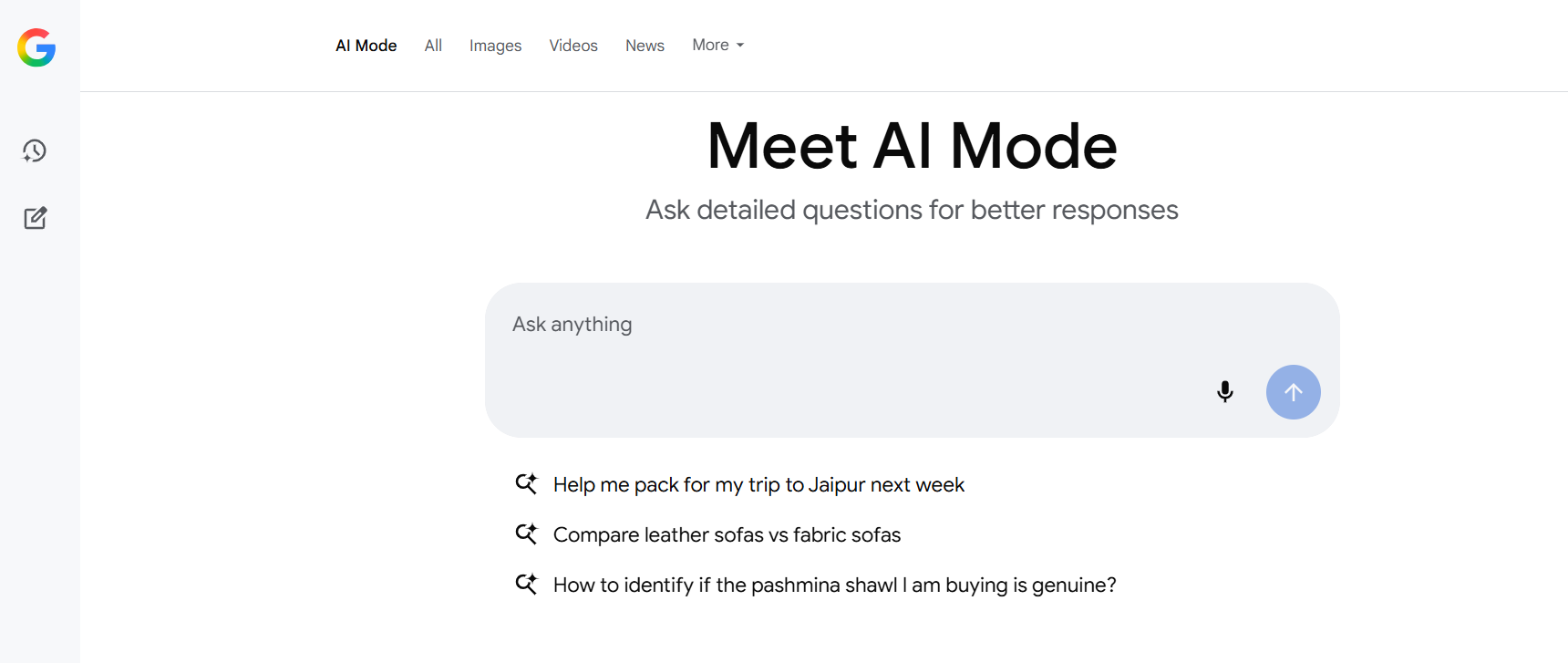This is definitely one of the bigger announcements of the year with Google stating that Page Speed is going to be an important ranking factor for mobile devices. Although this has been an important component of page ranking for Google since 2009, this has mostly been for desktop devices.
It is said that starting this July, page ranking is going to become an important ranking factor for mobile searches. One of the other reasons why you should seriously consider this is because of mobile traffic cross-desktop traffic in terms of volume way back in 2016. This means that if there are some of you who have not optimized their websites for mobile searches, you’re probably missing out on a metric ton of prospects. So, what exactly is the Google Speed Update
What you need to know about the Google Speed Update
You might have some relevant content, content that is extremely informative for your user but unfortunately is pulled down by a few gifs. Having this update is not enough, it is also dependent on how the other websites in your niche are performing. Even though Google has seriously mentioned their intent behind this update, they have also said that websites offering relevant content will stay primary and a page may still be ranked high, even if they have slow page speed.
However, does that imply that you don’t have to worry about this update if you have relevant content? The answer, sadly, is no.
It could be difficult to identify certain areas through which you feel your site is being dragged down by. Luckily, there are several tools that are available that allow you to improve in certain key areas. Google also recommends their own tool called Testmysite to identify and improve your mobile page speed.
How do you anticipate and prepare for this change?
One way of doing this would be to switch to Accelerated Mobile Pages, these are essentially alterations to the source code of your website which modifies your existing HTML page to a slightly reassembled version of itself.
Google itself has tested that AMP has cut download time between 15 to 85%. Having said this, it isn’t absolutely necessary to switch your page to an AMP if you want super-fast mobile experiences but if you are cringing for time, this could definitely be one of the options to consider.
Another important thing to consider is how search engine users enter mobile queries. This is different from the way they enter desktop queries. You could expect sentences to be more elaborate when it is a desktop query. Also, queries are becoming more conversational and intimate with time and when it comes to mobile devices, this intimacy is also coupled with a sense of impatience. For example- Best places to eat Sunday brunches in Bangalore” could just become “Sunday brunches Bangalore”. If you are ranked high for such a query, you should make sure your page opens with lightning speed.
One important to remember and possibly lower your anxiety levels is Google’s claim that this update will mostly apply to websites that are offering slower than usual experiences for their users and will impact a minority of queries.

 Web and Full Stack
Web and Full Stack CMS and Frameworks
CMS and Frameworks Online Marketing
Online Marketing Cloud Services
Cloud Services ECommerce
ECommerce Mobile
Mobile



